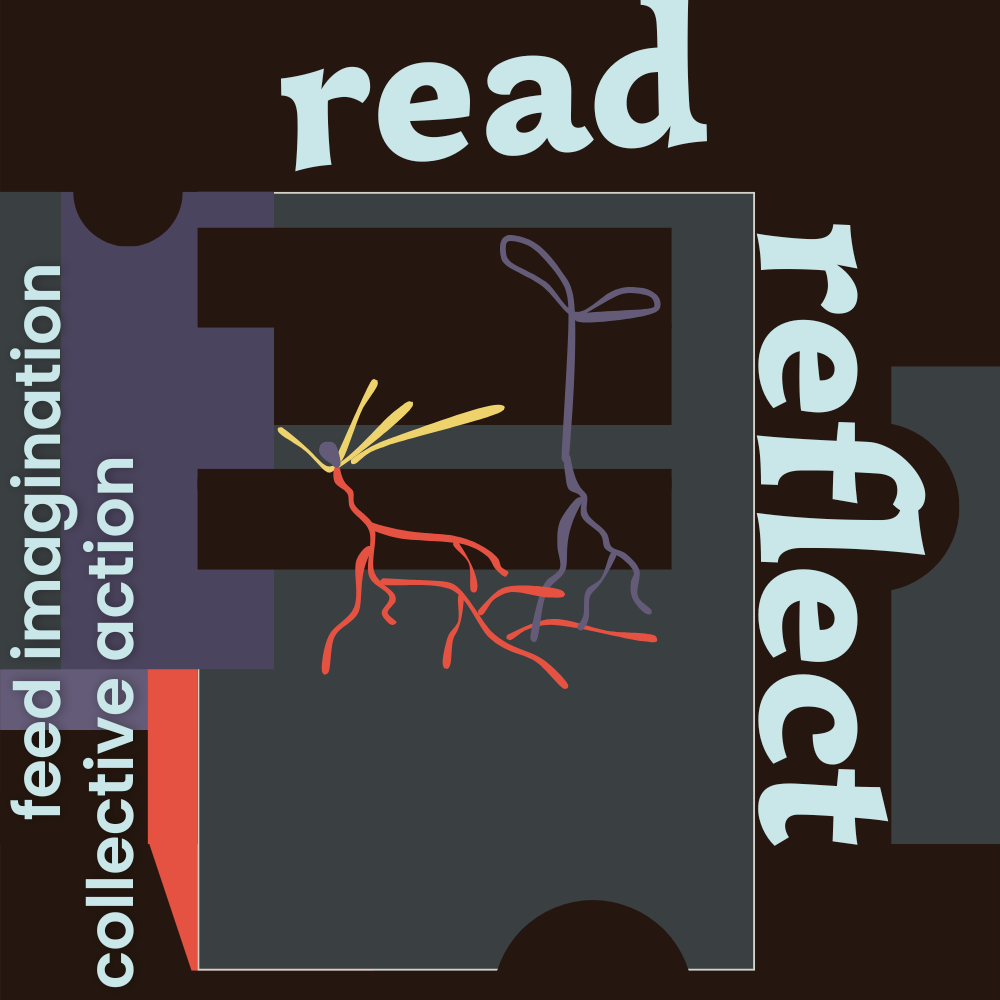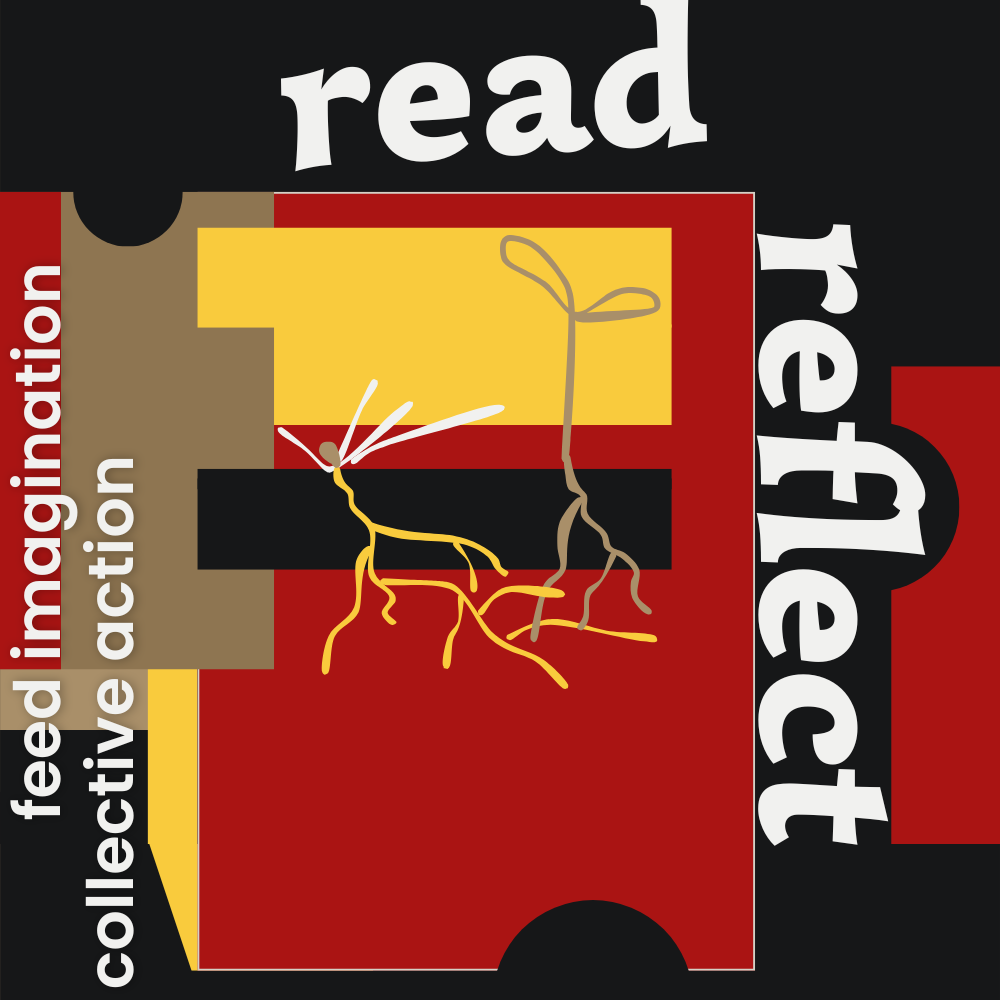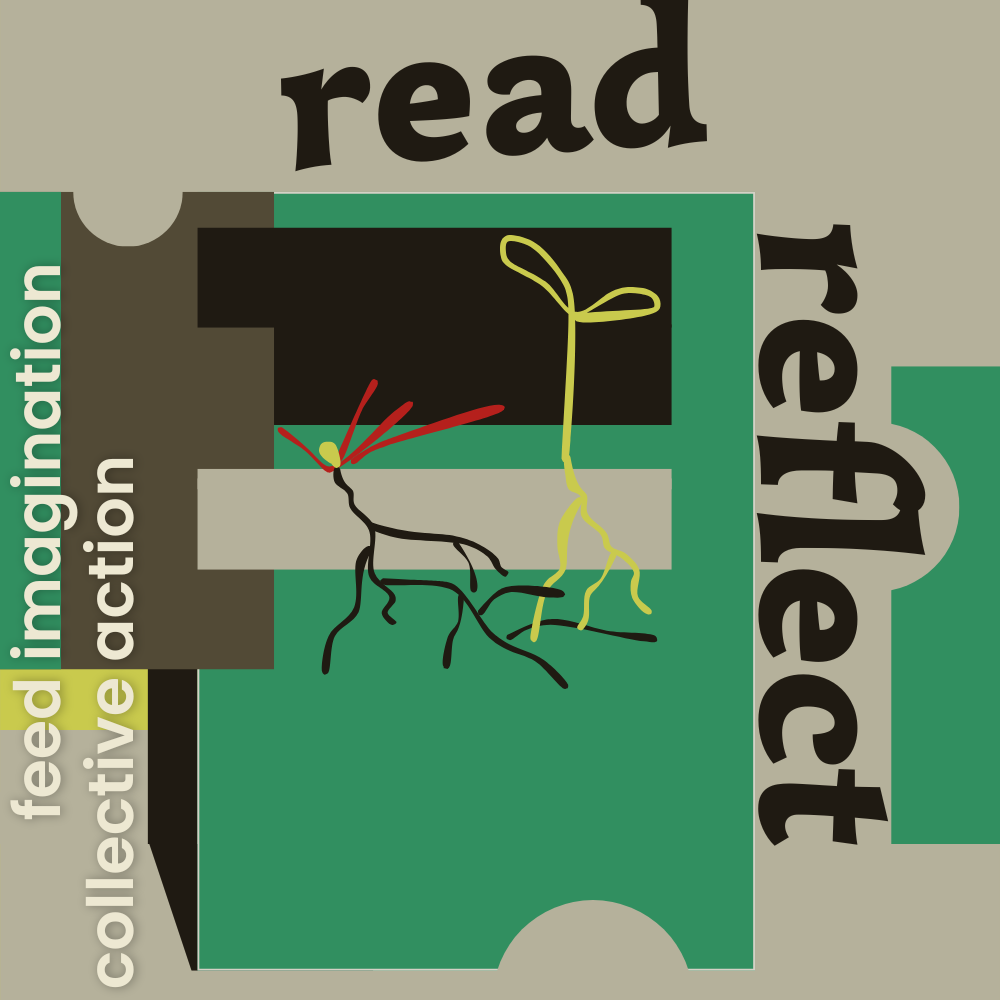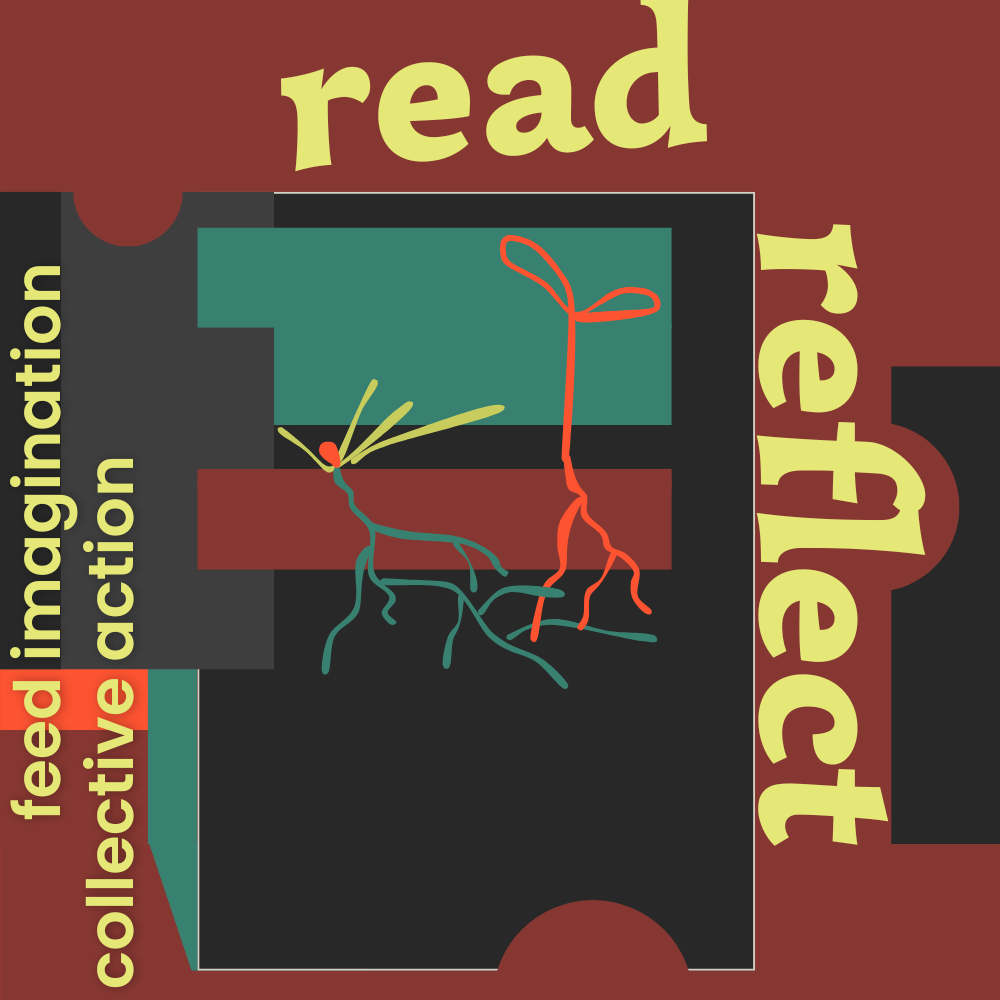2025: Book: impacts of people w/power interacting w/water in a way that obstructs the flow of life
Book recommendations/suggestions for the Read, Seed, Water, Feed 2025 book challenge. Find your next book!
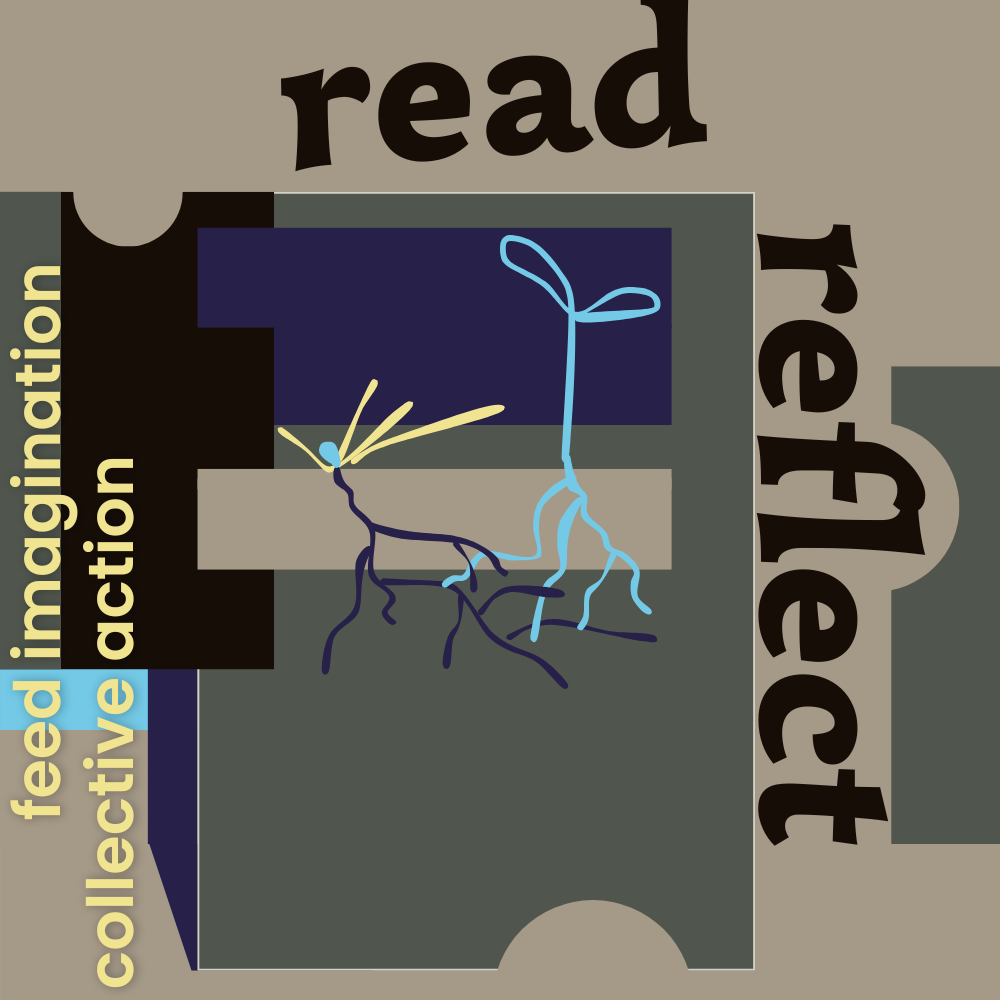
read, seed, water, feed book challenge - about prompt support posts
about prompt support posts
All of the prompt support posts (those that begin with "2025: Book written by...", for example) are organized similar to each other.
Each of these posts was created to support the Read, Seed, Water Feed book challenge on Storygraph that I am hosting. They were also created to support learning outside of the university, collective educational efforts, finding new authors to read, finding books, and more.
For each book challenge prompt, I will share the following sections:
- one or more slides with books I have read or am currently reading that I recommend for the prompt
- a list of additional books from my TBR (to-be-read) list for the prompt
- a text listing of the books that I shared in the slides
I might share one or more of the following in addition, depending on capacity and other factors:
- other supportive text as appropriate, such as countries included
- some quotes, notes, and/or reflections about one or more of the books
- links to other posts on the site where I discuss the books or prompt in more detail
I did many things to minimize hierarchy within these posts, and there will still be some things that might feel odd, such as split galleries of slides, which was a choice made to address current limitations in how the galleries work.
If interested, find bingo cards, more background on the prompts, and other reflections, on the Reading Challenge page and if on Storygraph, join the challenge.
Mostly, my goal for prompt support posts is to share books for each prompt, as suggestions and as examples. This section will be first on every post and may be skipped.
Thank you for reading.
Recommended Books
Books I've read or am currently reading that I recommend for this prompt.
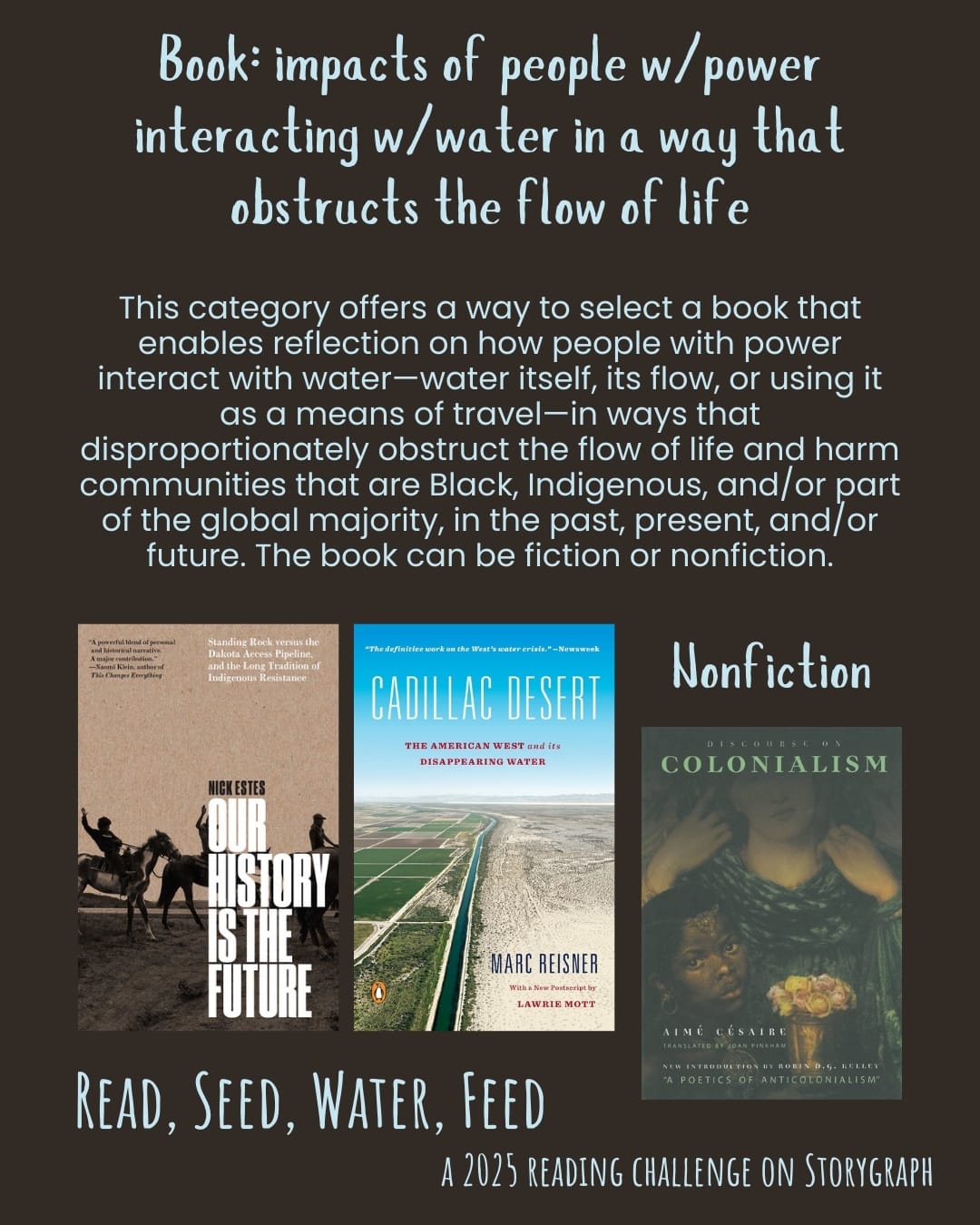
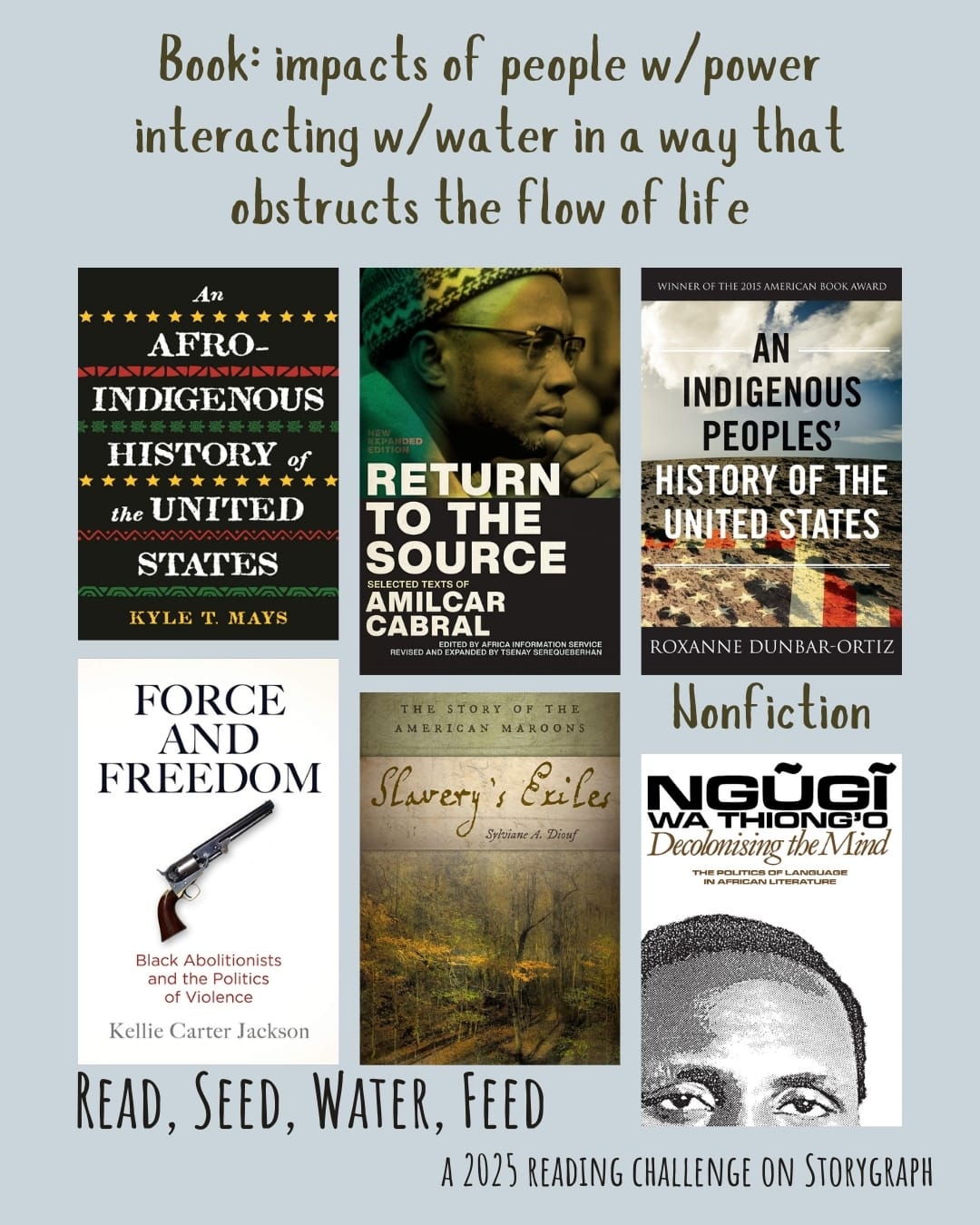
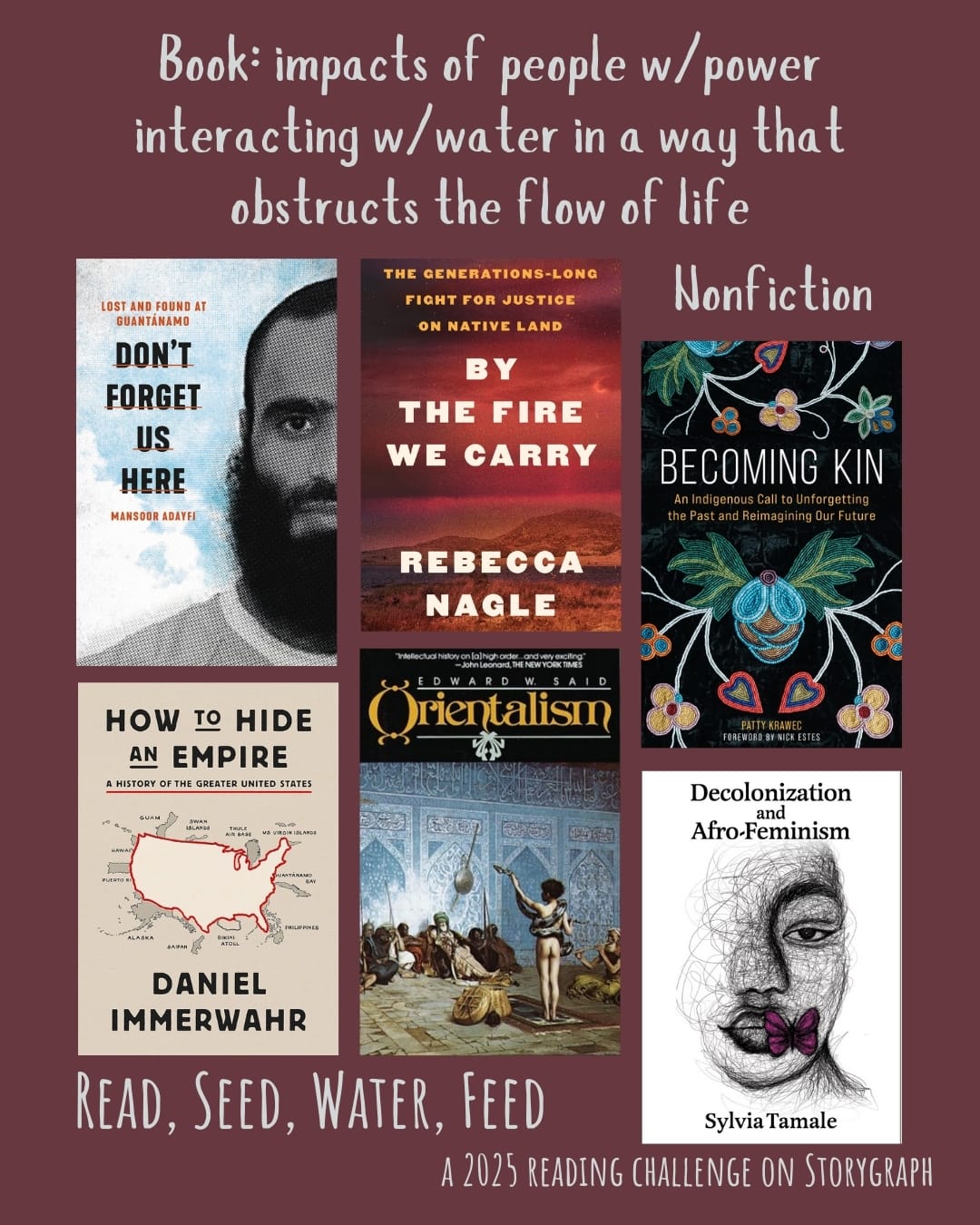
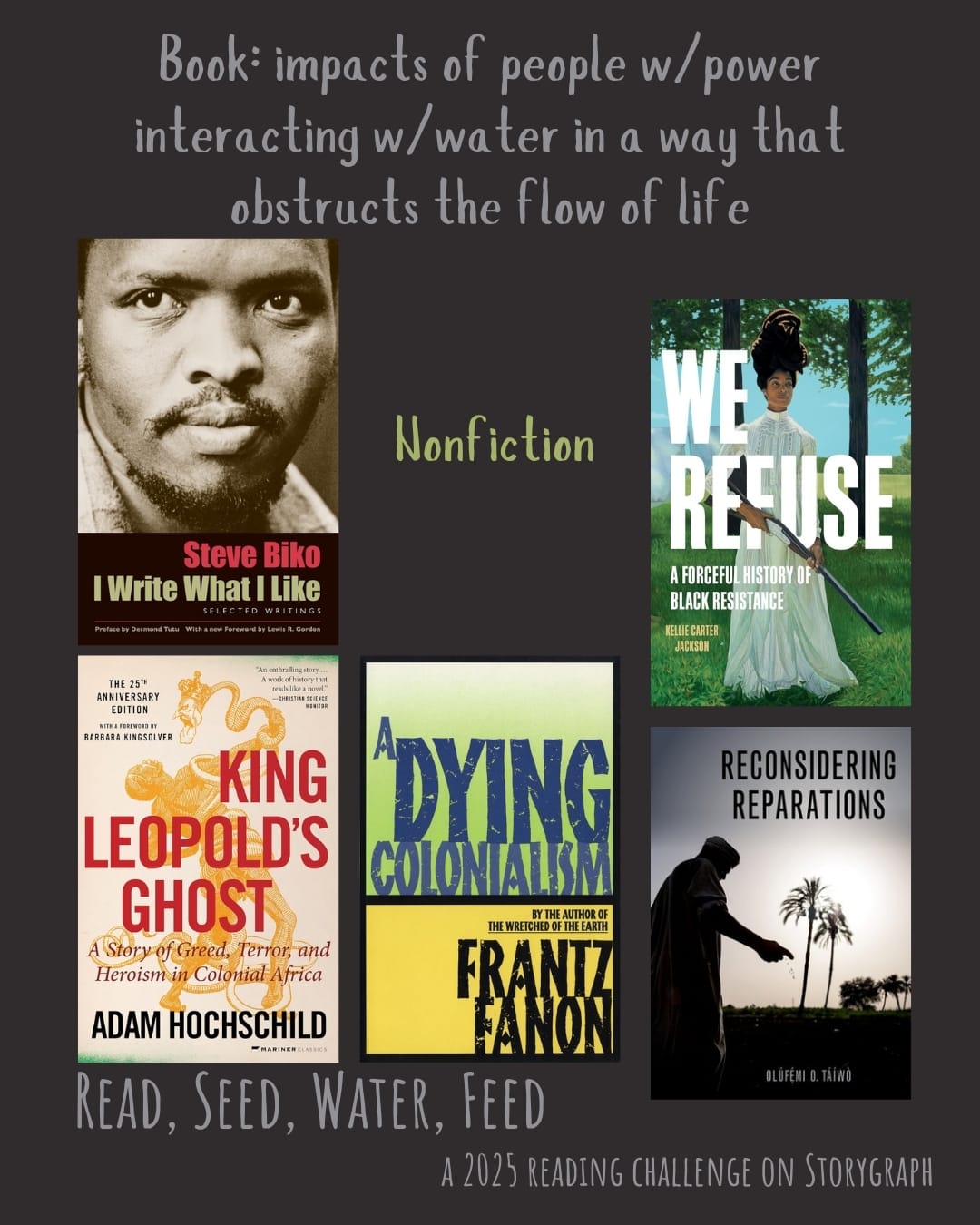
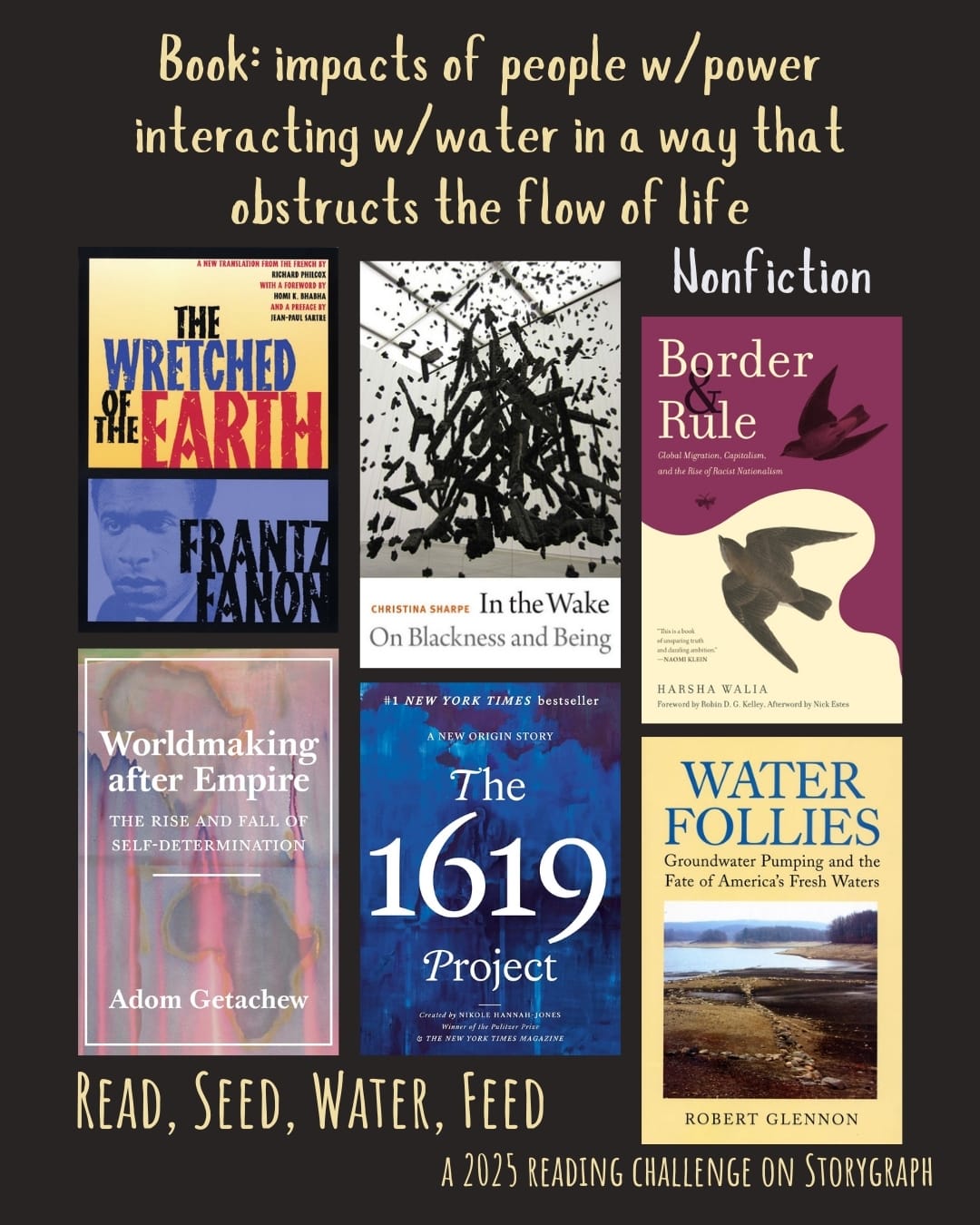
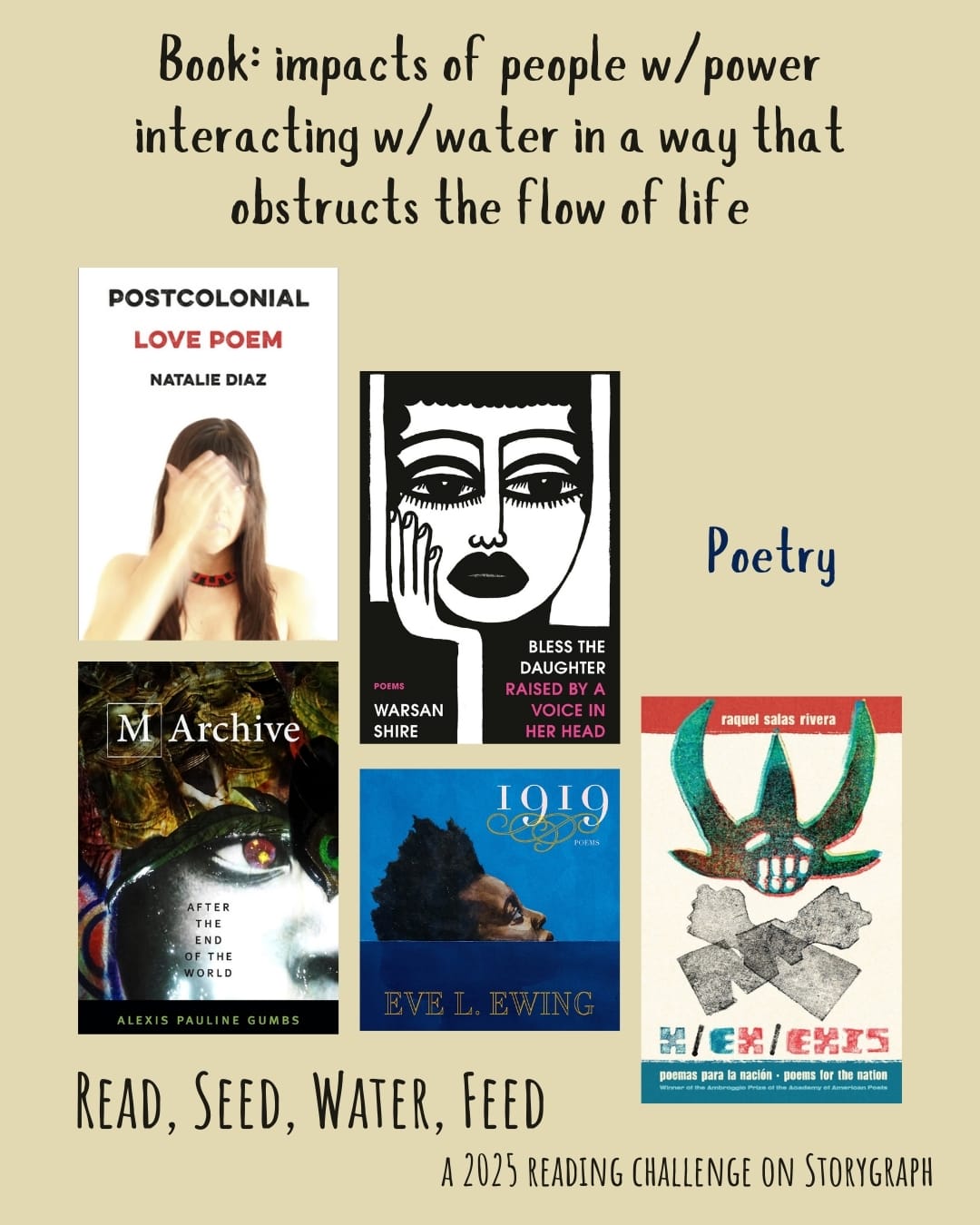
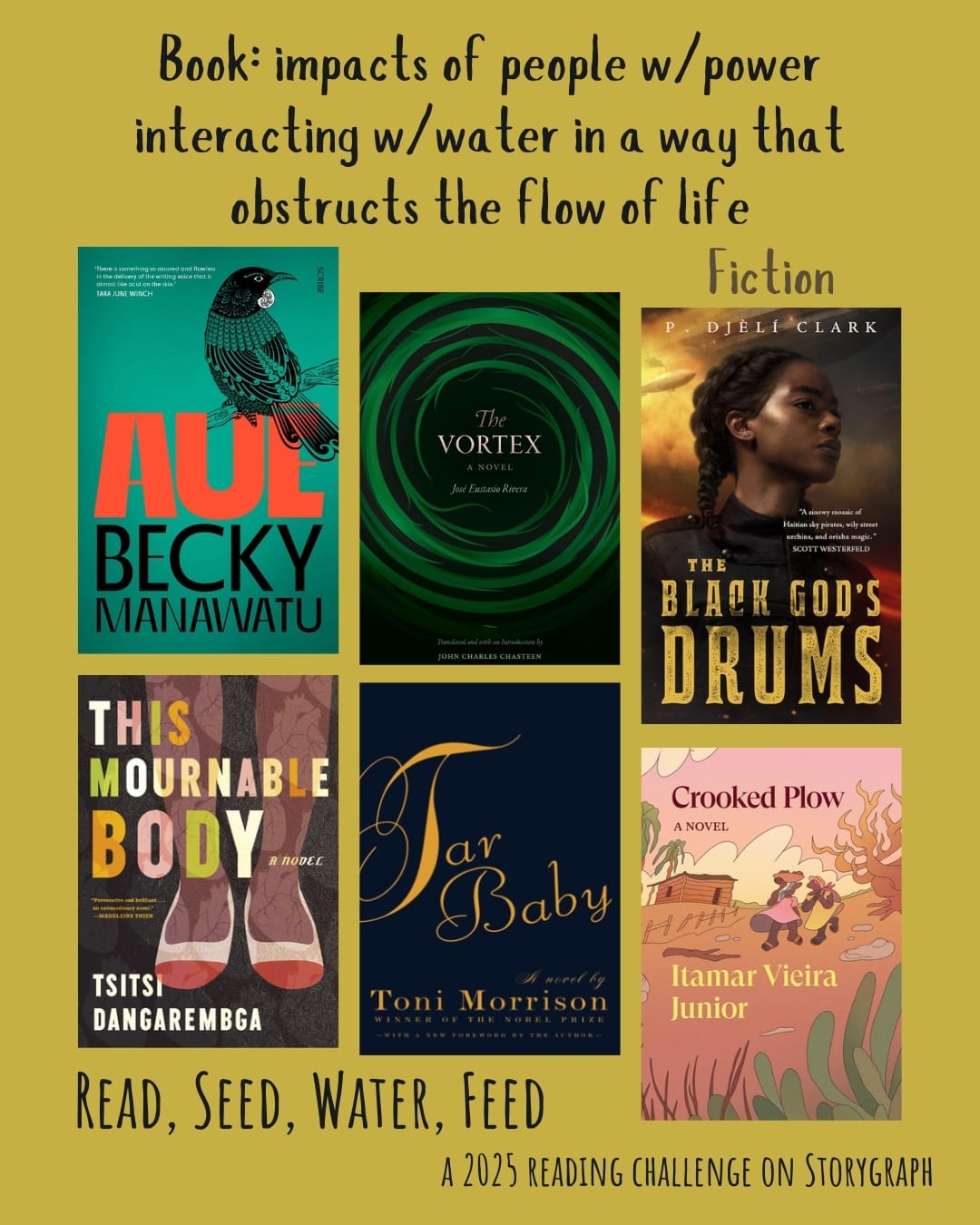
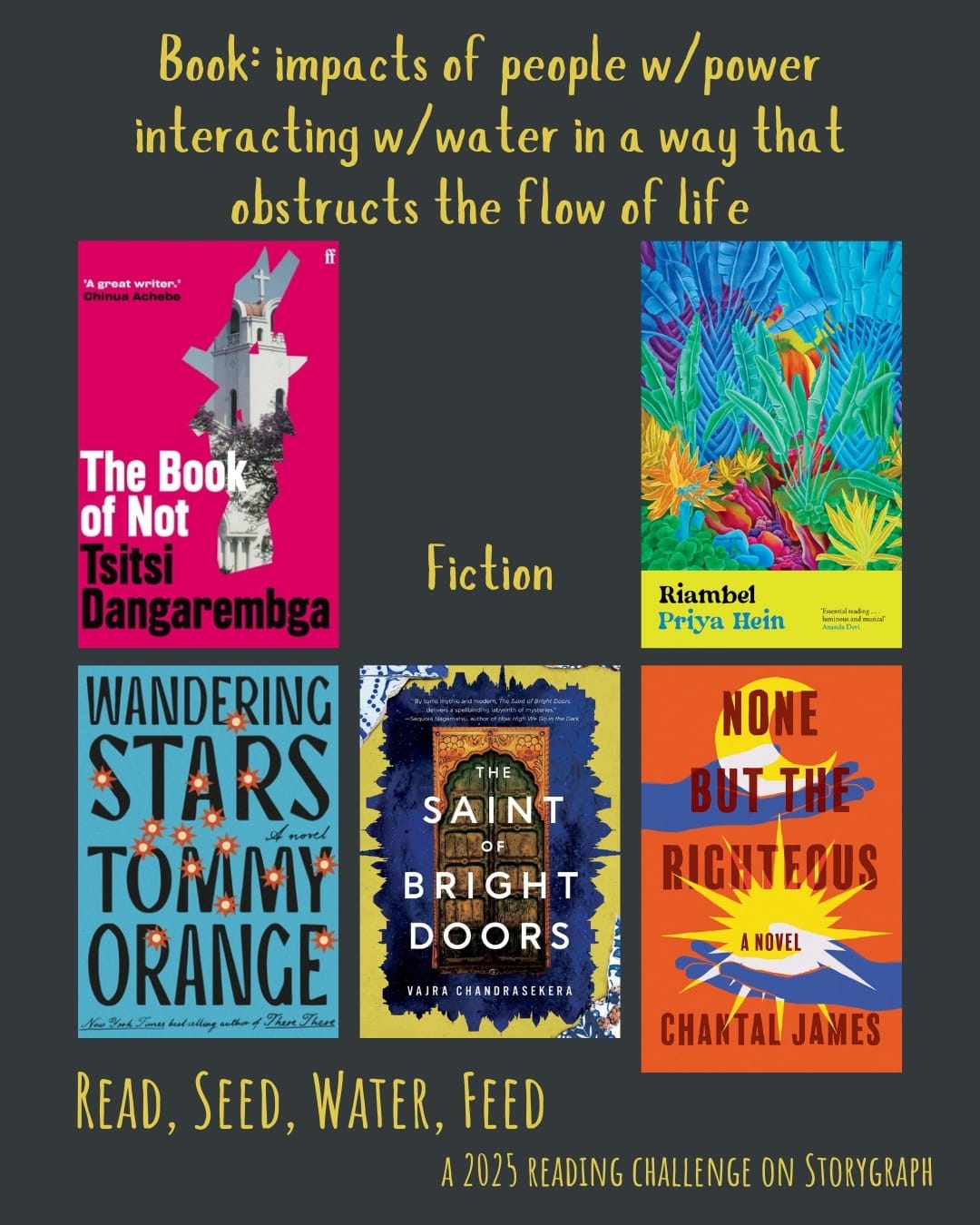
Read, Seed, Water, Feed 2025 reading challenge prompt and description, showing books recommended that I have read or am currently reading. All recommended books are listed lower in the post in the section “Recommended Books in a List.”
More Books from my TBR List
For some prompts, I’m trying to diversify what I read; for others, deepening my knowledge while also growing my perspective. For some prompts, there are definitely more books on my to-be-read (TBR) list than the ones I share that I have read or am currently reading. Here are some of those books:
Nonfiction
- Aftershocks of Disaster: Puerto Rico Before and After the Storm (2019) by Yarimar Bonilla & Marisol Lebrón
- A Certain Amount of Madness The Life, Politics and Legacies of Thomas Sankara (2018) by Amber Murrey
- A History of Water in the Middle East (2019) by Sabrina Mahfouz
- A Map to the Door of No Return (2001) by Dionne Brand
- No Country for Eight-Spot Butterflies: A Lyric Essay (2022) by Julian Aguon
- Red Nation Rising: From Bordertown Violence to Native Liberation (2021) by David Correia
- Salvage: Readings from the Wreck (2024) by Dionne Brand
- Scenes of Subjection: Terror, Slavery, and Self-Making in Nineteenth-Century America (2022, revised and updated) by Saidiya Hartman
- Theory of Water: Nishnaabe Maps to the Times Ahead (2025) by Leanne Betasamosake Simpson
Novels
- The Bone People (1984) by Keri Hulme
- Code Noir (2024) by Canisia Lubrin, with artwork by Torkwase Dyson
- Five Little Indians (2020) by Michelle Good
- God's Bits of Wood (1960) by Ousmane Sembène, translated by Francis Price
- Kataraina: The sequel to Auē (2024) by Becky Manawatu
- Maud Martha (1953) by Gwendolyn Brooks
- The Sea Speaks His Name (2017) by Leila S. Chudori
- Ualalapi: Fragments from the End of Empire (1987 Portuguese, English 2017) by Ungulani Ba Ka Khosa, translated by Richard Bartlett and Isaura De Oliveira
- You Dreamed of Empires (2022) by Álvaro Enrigue, translated by Natasha Wimmer
Short Stories
- Drinking from Graveyard Wells: Stories (2023) by Yvette Lisa Ndlovu
- Never Whistle at Night: An Indigenous Dark Fiction Anthology (2023) edited by Theodore C. Van Alst Jr. and Shane Hawk
- A People's Future of the United States: Speculative Fiction from 25 Extraordinary Writers (2019) edited by Victor LaValle and John Joseph Adams
Poetry
- Cruel Fiction (2018) by Wendy Trevino
- Fire Is Not a Country: Poems (2021) by Cynthia Dewi Oka
- it was never going to be okay (2020) by jaye simpson
- Poūkahangatus (2018) by Tayi Tibble
- She Tries Her Tongue, Her Silence Softly Breaks (1989) by M. NourbeSe Philip
repeated and added notes
The book can be fiction or nonfiction.
This category offers a way to select a book that enables reflection on how people with power interact with water—water itself, its flow, or using it as a means of travel—in ways that disproportionately obstruct the flow of life and harm communities that are Black, Indigenous, and/or part of the global majority, in the past, present, and/or future.
Many other books also included in this category are listed in other prompts. The excerpt and link below to a post I wrote two months ago is an attempt to better express what this category means or includes.
When I began writing about the reading challenge, I began with reflections on this category, and found I had difficulty stopping. But I had just made the reading challenge live, and felt I needed to share about it. Except that is difficult for me. So I stopped writing. Sharing part of those reflections were the second to last post I wrote before starting these support posts, which I realized I needed partly because of the difficulty I have in communicating and how that impacts many things. It begins:
Why water? Why relevant? Because I was trying to talk about water. And when sometimes you look in the water, something else becomes visible. [...] I'm thinking about the archive, what isn't there, what is found, and what is imagined to give depth to what is known. I have deep gratitude to all those who share what they can, and one day I'll be able to write about that differently.
While I was reflecting on water, who has access to it and who doesn’t, and I continued to think about water, I couldn’t help but think about many aspects of it. [...] I’ve always been much more interested in humanity, and that humanity needs access to clean water to survive, and too many people, businesses, and countries hoard it, while creating the very conditions that make it more difficult to survive.
In that post, I also shared more about the relationship between read, seed, water, and feed, and other reflections I had when first setting up this book challenge, for which this category, together with my own background, experiences, connections, and more, was part of the water that watered my efforts throughout the long process of putting this all together, wrapped in love and so much more. But love needs to be a foundation, and it is.
Read the post here, from February 2025:
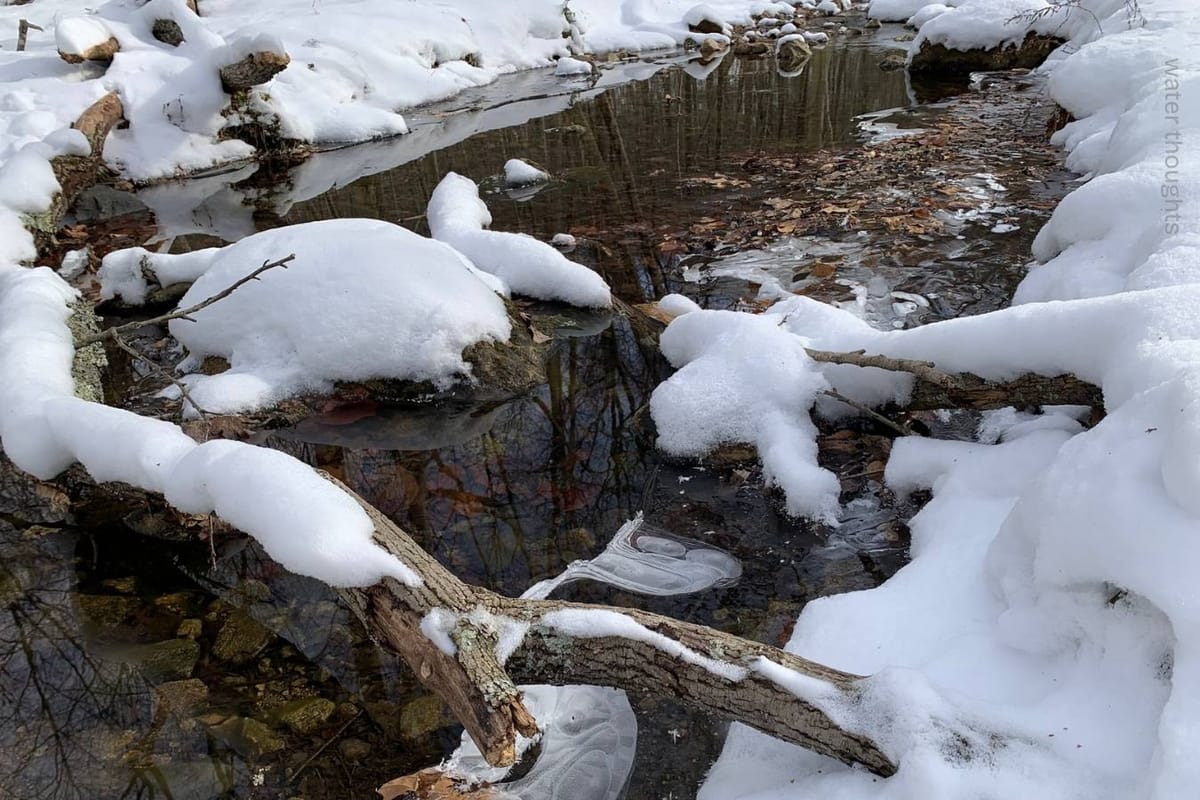
Recommended Books in a List
As a list, books I've read or am currently reading that I recommend for this prompt:
Nonfiction
The 1619 Project: A New Origin Story (2021) by Nikole Hannah-Jones
An Afro-Indigenous History of the United States (2021) by Kyle T Mays
Becoming Kin: An Indigenous Call to Unforgetting the Past and Reimagining Our Future (2022) by Patty Krawec
Border and Rule: Global Migration, Capitalism, and the Rise of Racist Nationalism (2021) by Harsha Walia
By the Fire We Carry: The Generations-Long Fight for Justice on Native Land (2024) by Rebecca Nagle
Cadillac Desert: The American West and Its Disappearing Water (1993) by Marc Reisner
Decolonising the Mind: The Politics of Language in African Literature (1981) by Ngũgĩ wa Thiong'o
Decolonization and Afro-Feminism (2020) by Sylvia Tamale
Discourse on Colonialism (1955) by Aimé Césaire
Don't forget us here : lost and found at Guantánamo (2021) by Mansoor Adayfi
A Dying Colonialism (1959) by Frantz Fanon
Force and Freedom: Black Abolitionists and the Politics of Violence (2019) by Kellie Carter Jackson
How to Hide an Empire (2019) by Daniel Immerwahr
I Write What I Like: Selected Writings (1978) by Steve Biko
In the Wake: On Blackness and Being (2016) by Christina Sharpe
An Indigenous Peoples' History of the United States (2014) by Roxanne Dunbar-Ortiz
King Leopold's Ghost (1998) by Adam Hochschild
Orientalism (1978) by Edward W. Said
Our History Is the Future: Standing Rock Versus the Dakota Access Pipeline, and the Long Tradition of Indigenous Resistance (2019) by Nick Estes
Reconsidering Reparations (2021) by Olúfẹ́mi O. Táíwò
Return to the Source: Selected Texts of Amilcar Cabral (1973) by Amílcar Cabral
Slavery's Exiles: The Story of the American Maroons (2013) by Sylviane A. Diouf
Water Follies: Groundwater Pumping and the Fate of America's Fresh Waters (2012) by Robert Jerome Glennon
We Refuse: A Forceful History of Black Resistance (2024) by Kellie Carter Jackson
Worldmaking After Empire: The Rise and Fall of Self-Determination (2019) by Adom Getachew
The Wretched of the Earth (1961) by Frantz Fanon
Poetry
1919 (2019) by Eve L. Ewing
Bless the Daughter Raised by a Voice in Her Head (2022) by Warsan Shire
M Archive: After the End of the World (2018) by Alexis Pauline Gumbs
Postcolonial Love Poem (2020) by Natalie Díaz
x/ex/exis: poemas para la nación/poems for the nation (2021) by raquel salas rivera
Novels
Auē (2019) by Becky Manawatu
The Black God's Drums (2018) by P. Djèlí Clark
The Book of Not (2006) by Tsitsi Dangarembga
Crooked Plow (2019) by Itamar Vieira Junior
None But the Righteous (2022) by Chantal James
Riambel (2023) by Priya Hein
Tar Baby (1981) by Toni Morrison
This Mournable Body (2018) by Tsitsi Dangarembga
The Saint of Bright Doors (2023) by Vajra Chandrasekera
The Vortex (1924) by José Eustasio Rivera
Wandering Stars: A Novel (2024) by Tommy Orange
Get any/all of these books wherever you get your books.
Please support libraries however you can. Find out many ways to get involved in supporting libraries at Libraries for the People.
Please consider purchasing books when they are available from Workshops 4 Gaza's bookstore: Salvage: Readings from the Wreck (2024) by Dionne Brand, Cruel Fiction (2018) by Wendy Trevino, Discourse on Colonialism (1955) by Aimé Césaire, Postcolonial Love Poem (2020) by Natalie Díaz. When I share books that are available for purchase there at the time of posting, I will list them here after the link.
Thank you for reading.

